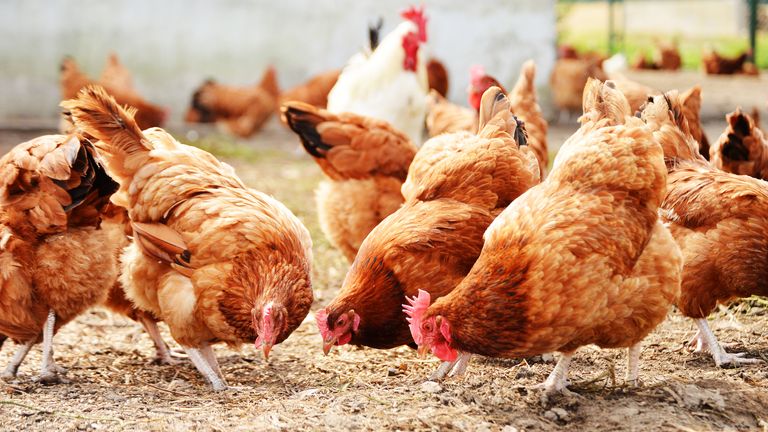
An outbreak of avian flu has led the North Dakota Department of Agriculture to cancel poultry and bird events, but it may be awhile before the local economies will feel the outbreak’s effects, state officials said.
Six incidents of avian flu in North Dakota have been reported since March 29 to the U.S. Department of Agriculture’s Animal and Plant Health Inspection Service (APHIS), according to the agency’s website.
The suspension of public markets last month by the State Board of Animal Health may require poultry farmers to work harder when finding potential buyers, Dr. Ethan Andress, North Dakota’s state veterinarian, said in an email interview with The Center Square.
“Without access to these events, these producers will have to market directly to consumers without bringing them to a gathering of potential buyers,” Andress said.
The avian flu virus is hard to predict and the effect on poultry farmers and the state’s economy is not known at this time, Andress said.
“As we are only a week into this process, we don’t have any numbers,” Andress said. “While the federal government does provide some assistance, it will not cover all the losses that are incurred. Examples of these are down time of staff, interest on loans and other fixed costs that are sometimes hard to account for. These impacts will carry on into the local economies, some of which may take time to see.”
This year’s version of avian flu is classified as the Eurasian H5 strain, said Dr. Gerald Stokka, associate professor and extension veterinarian-livestock stewardship at North Dakota State University.
Wild migration is almost exclusively behind this most recent strain, Stokka said in an email interview with The Center Square. Bio-security is important because agricultural officials cannot vaccinate, limit or control infection against the strain in migratory birds, he said.
“The poultry business has excellent bio-security plans in place and most are raised in controlled environment buildings with all their needs for nutrition, temperature and humidity,” Stokka said. “However, because of this most large flocks are not immune to a virus like this most recent strain.”
Avian flu cases should decline when the migratory season ends, Stokka said.
“Also when herd (flock) immunity is increased due to natural exposure (not all infected migratory birds die, most recover) then the virus will decrease in transmission and cases will decline,” Stokka said.
The avian flu should not have an effect on humans, according to APHIS.
“No human cases of these avian influenza viruses have been detected in the United States,” APHIS officials said in a posting on the agency’s website. “As a reminder, the proper handling and cooking of all poultry and eggs to an internal temperature of 165 degrees Fahrenheit is recommended as a general food safety precaution.”
This article was originally posted on Avian flu affecting North Dakota poultry farmers